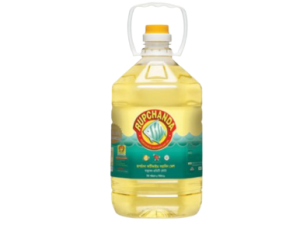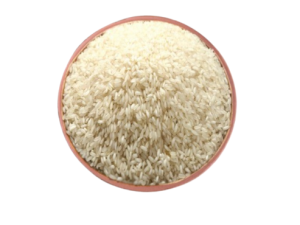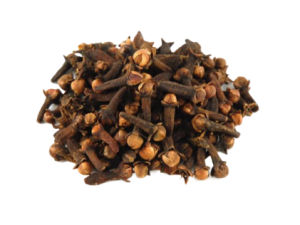Certainly! Clove, known as “Lobongo” in Bangladesh, is a spice that holds both culinary and medicinal significance. Here’s a detailed description of clove (Lobongo) in Bangladesh:
1. Botanical Background:
- Scientific Name: Cloves are the aromatic flower buds of the clove tree, scientifically known as Syzygium aromaticum.
- Appearance: They are small, reddish-brown flower buds that are dried before use.
- Tree: The clove tree is an evergreen native to Indonesia and cultivated in various tropical regions, including Bangladesh.
2. Culinary Uses:
- Flavor: Cloves have a strong, warm, and aromatic flavor with a slightly sweet taste.
- Cooking: In Bangladesh, cloves are used whole or ground in both savory and sweet dishes. They are often added to rice dishes, curries, meat dishes, and desserts.
- Spice Blends: They are a key ingredient in Bengali spice blends like “panch phoron” and are used in “biryanis” and “pulaos” for their aromatic impact.
3. Medicinal Properties:
- Traditional Medicine: Cloves have been used in traditional medicine for their antiseptic and analgesic properties.
- Digestive Aid: They are believed to aid digestion and alleviate gastrointestinal discomfort.
- Antioxidant: Cloves contain compounds that have antioxidant properties, which may help combat oxidative stress.
4. Cultural Significance:
- Traditional Foods: Cloves are an essential part of Bangladeshi cuisine, enhancing the flavor profile of many traditional dishes.
- Festive Use: They are often used in special occasion dishes and festive foods, adding both flavor and fragrance.
5. Economic and Agricultural Importance:
- Production: Bangladesh imports cloves mainly from countries like Indonesia, Madagascar, and Sri Lanka.
- Economic Impact: Clove trade contributes to the economy through both domestic consumption and export.
6. Availability and Consumption:
- Market: Cloves are widely available in markets across Bangladesh, both whole and ground.
- Consumption: They are used daily in various forms, reflecting their importance in Bangladeshi cuisine.
7. Conservation and Sustainability:
- Challenges: Sustainable harvesting practices are important to ensure the long-term availability of cloves.
- Regulation: Efforts are made to regulate harvesting practices and promote sustainable agriculture.
8. Other Uses:
- Aromatic Properties: Cloves are also used in aromatherapy and as a natural air freshener due to their pleasant scent.
- Dental Health: Clove oil is used in dental care products and traditional remedies for toothache relief.
In summary, clove (Lobongo) is a versatile spice deeply integrated into Bangladeshi culture and cuisine. Its distinctive flavor and medicinal properties make it a valued ingredient in both everyday cooking and special occasions.






